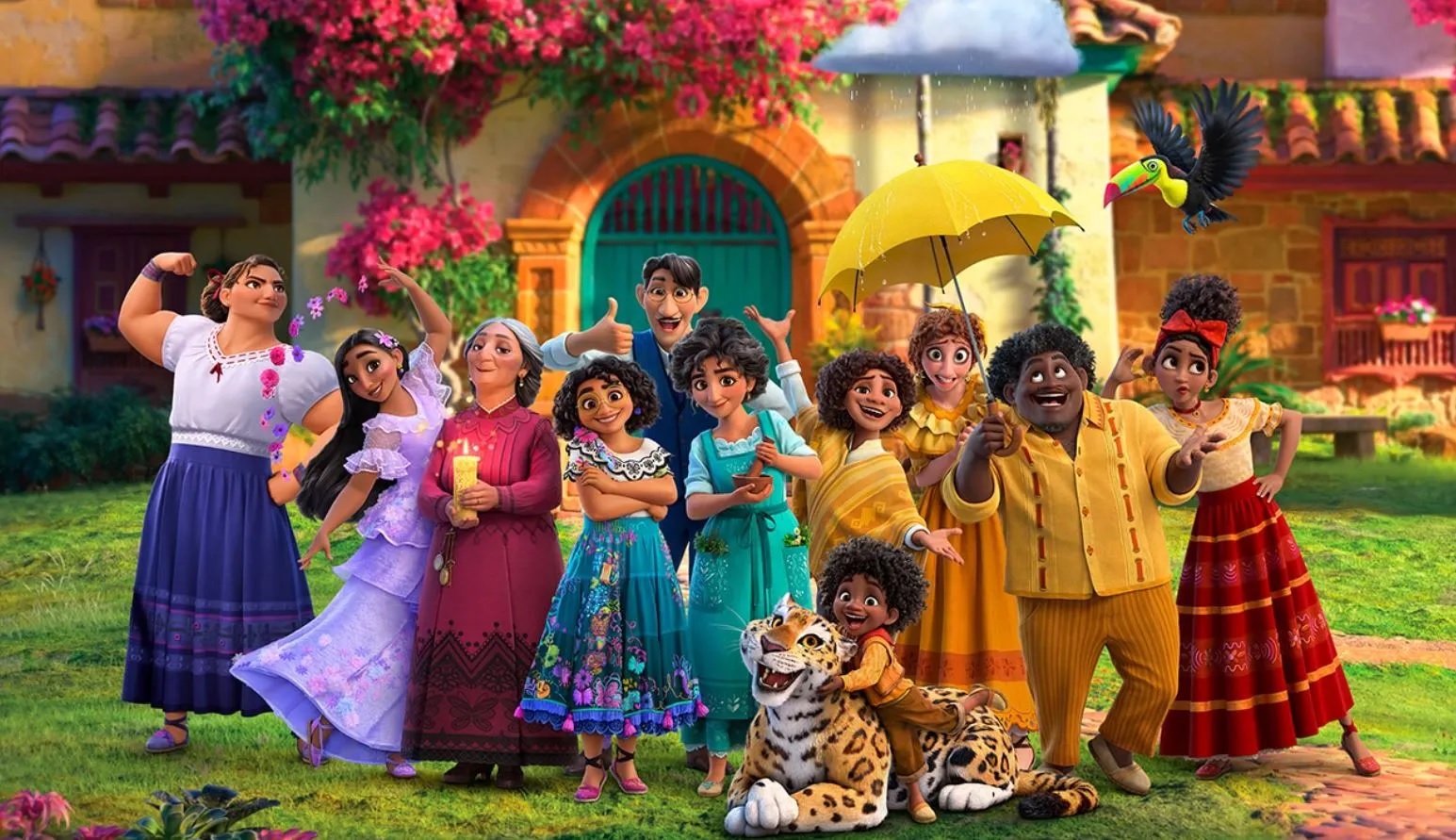
I know I am a couple of months late into the Encanto bandwagon, but it is such a beautiful movie I could not pass up the chance to share my thoughts about it.
I was enthralled when I first watched Encanto because of how beautifully it wove the lessons we need to learn about family dynamics and dysfunction in a fun and unimposing way.
If you haven’t seen it, I suggest you do so before you read this since there are some spoilers ahead. Although I promise to give as little of the story away while at the same time painting the context for what I am talking about.
The plot revolves around the Madrigal family’s casita breaking down. It is a symbolic representation of what happens to dysfunctional families and what we need to do about it. We need to destroy dysfunctional patterns of behavior brick by brick in order to lay new foundations of love and affection.
The cast is led by Mirabel, the central character. Because her family were given powers while she was not, she felt she was not good enough and that she could not measure up to the expectations of her Abuela.
I am sure we all have our moments of self-doubt but a gnawing sense of inadequacy is something else entirely. Which is why it is important to give our children the firm belief that they are valued. A fact that Scott Peck beautifully said in The Road Less Travelled “The feeling of being valuable— “I am a valuable person”—is essential to mental health and is a cornerstone of self-discipline. It is a direct product of parental love. Such conviction must be gained in childhood: it is extremely difficult to acquire it during adulthood. Conversely, when children have learned through the love of their parents to feel valuable, it is almost impossible for the vicissitudes of adulthood to destroy their spirit. We must impart to our children, the message that “the miracle is you, not the gift you get,” meaning that they are of extreme value on their own accord not because of whatever talents, skills, prestige, or other things they may bring to the family.
In the process of finding out why their casita is breaking down; Mirabel discovers that her sisters are also similarly afflicted by the dysfunction in the family. Luisa, who was given the gift of strength, was asking herself who she is if she cannot do magic and said she wanted to “shake the crushing weight of expectations.” As in real life, the expectations we have for our children, can sometimes weigh them down because they feel like they have to achieve in order to be loved and accepted.
Isabela, the golden child, who had the gift of growing flora, started asking herself what she could do if it did not need to be perfect. When confronted with the fact that she could fight for her own self-determination, she found herself raising a wide symphony of plants that were beautiful in their variety instead of just confining herself to growing roses all tuned to perfection. This desire for perfection in our children makes them second guess themselves and limit their choices to what they think are acceptable to us as parents. We confine them to regulate themselves based on our views of what they should say and do. I do not mean that we should no longer discipline our children, what I mean by this is that we should not push square pegs down round holes. Which is why I believe our role as parents is to empower our children to chart their own course and enable them to pursue their own destiny. This perspective is echoed in Kahlil Gibran’s poem On Children:
“Your children are not your children.
They are the sons and daughters of Life’s longing for itself.
They come through you but not from you,
And though they are with you yet they belong not to you.
You may give them your love but not your thoughts,
For they have their own thoughts.”
As the story unfolds, Mirabel discovers that she needs to enlist the help of her family’s black sheep, her uncle Bruno. Given the gift of foresight, he was blamed because people thought that he was bringing on negative events instead of having visions foreshadowing them. This is true in real life as well: “weirdos in the family get a bad rap.” This is the reason why we must make space for our children’s uniqueness and embrace all that they are, warts and all.
In the end as the casita continues to completely break down, Mirabel’s Abuela was pushed to reframe her perspective about the family members and their dynamics. This is true for us in real life. We have to build families that are dynamic enough to know when the old ways need to die in order to facilitate a rebirth of a new and better way of relating and doing things.

